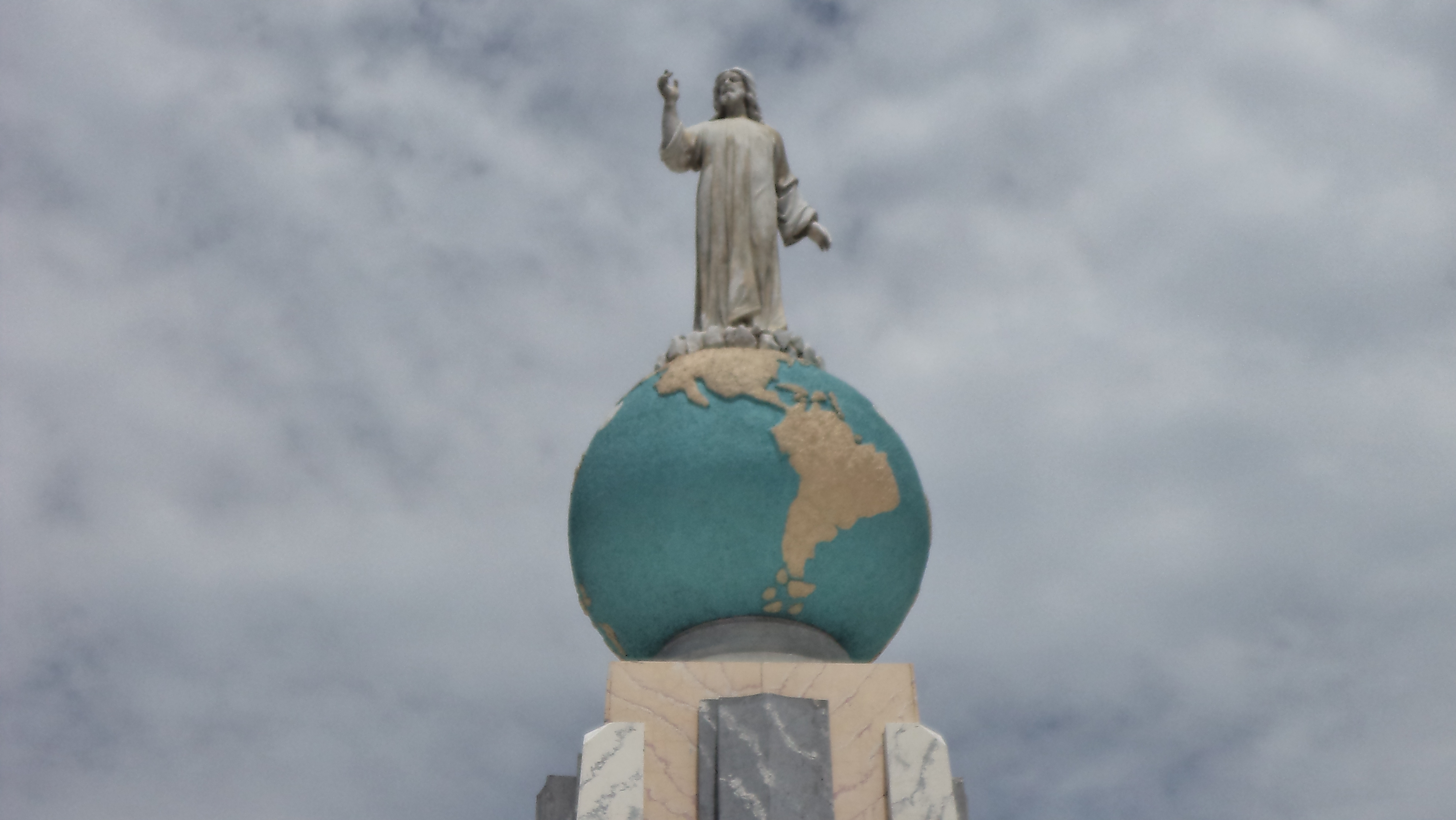Communicating Solidarity:
Romero's Final Ecumenical Gesture
 |
| By Frankjh [CC BY-SA 3.0 (https://creativecommons.org/licenses/by-sa/3.0)] From Wikimedia Commons |
Assassination of a Saint: The Plot to Murder Óscar Romero and the Quest to Bring His Killers to Justice, by Matt Eisenbrandt (Oakland, CA: University of California Press, 2017).
I was struck by Wipfler's emotional account of meeting Romero found in Matt Eisenbrandt's gripping, yet harrowing book. Assassination of a Saint narrates how an international team of civil rights lawyers and investigators -- working with the Center for Justice and Accountability -- won, in a 2004 trial in California, a $10 million civil verdict against Álvaro Saravia, a conspirator in the plot to kill Romero. (All the evidence, according to what I've read, implicates the anti-Communist crusader and death squad leader Roberto D'Aubuisson as the orchestrator of the assassination.) It is a riveting detective story, but the reader has to get used to a narrative that darts between time-frames: the process of investigating the case, the trial itself, and flashbacks of the crucial events in El Salvador from the 1970s-80s recounted by the witnesses.
Going beyond the details of the crime itself, much of the testimony was elicited with the purpose of giving a portrait of Romero, driving home to the judge the archbishop's character and his national and international significance. One source suggests the trial itself, and the attention it garnered, helped to advance Romero's canonization case in the Roman Catholic Church. Wipfler -- essentially serving as a character witness for Romero -- was the first person to testify at the trial. As he recalls, delegation from the United States enjoyed a very cordial visit with Romero and were then asked to participate in the coming Sunday mass, which as usual would be broadcast all over the country via the archdiocesan radio station. As the cathedral in San Salvador was being occupied by protesters, the service was held in the Basílica Sagrado Corazón de Jesús (Basilica of the Sacred Heart of Jesus). The church was packed with communicants, virtually all of them standing, with overflow crowds outside listening via loudspeaker.
In this homily, arguably, Romero virtually signed his own death warrant by calling upon government troops to follow their consciences in an act of civil disobedience -- to heed a higher divine command and to disobey orders to kill their fellow citizens: "In the name of God, then, and in the name of this suffering people whose cries rise to heaven more tumultuously every day, I beseech you, I beg you, I order you, in the name of God, stop the repression!" he admonished the faithful, to thunderous applause (p. 57). El Salvador was about 90 percent Roman Catholic, so to have a prelate of Monseñor Romero's stature to openly flaunt the civilian-military junta's authority was momentous.
During communion, Wipfler was startled to see Romero personally distribute communion to each worshiper. Then something happened that moved him even more profoundly, as he recounts:
He came back from giving communion. I am not a Roman Catholic. I had not presented myself for communion....I had my eyes closed. I was praying for the church and for the people. And I heard a voice (pp. 57-58).
The Archbishop approached him and said: "Would you like to receive communion, Father?" (p 58). Moved, Wipfler accepted received communion.
And I only realized later, when I was preaching a sermon later that week at home, that I was the last person ever to receive communion from the archbishop, because he died before he finished the mass the next day. And that's always been a very important treasure in my life" (ibid.).
==================================
Follow @jsjackson15


Comments